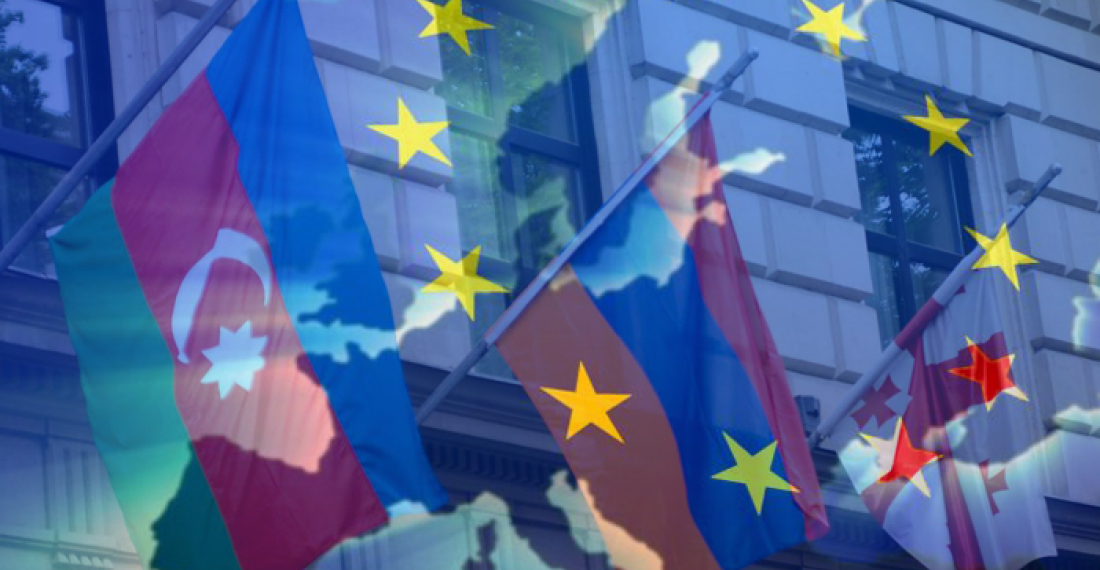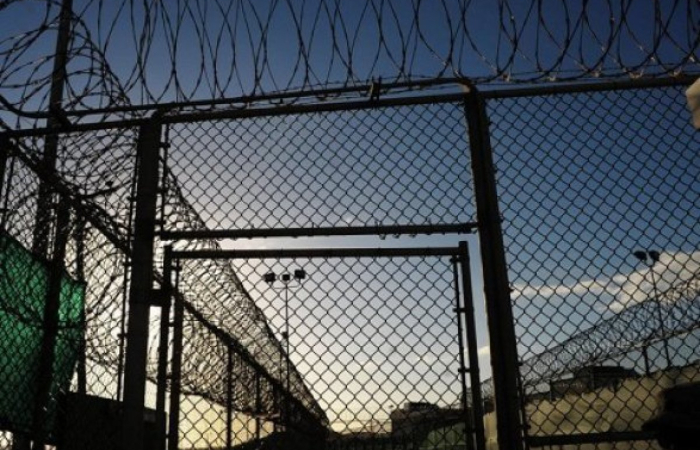The agreements reached in the US-mediated summit of the Armenian and Azerbaijani leaders in Washington on August 8 are poised to fundamentally reshape the region's future. Particularly, the deal concerning the Zangezur corridor – rebranded as the “Trump Route for Peace and Prosperity” (TRIPP) – holds significant geopolitical importance. If implemented, the TRIPP agreement would deal a severe blow to the regional standing of Russia and Iran. More importantly, it would pave the way for a strategic U.S. presence in this critical geography. This outcome represents a success that few would have predicted for the United States, especially for the Trump administration, given the region's notoriously complex and volatile geopolitics.
Since the collapse of the Armenian separatist regime in Karabakh (September 2023), the United States under the Biden administration had taken a rather biased stance against Azerbaijan and brought the US mediation between Baku and Yerevan to an end. The Azerbaijani government had rejected the US proposals for meetings with the Armenian side as well as for opening of the Zangezur corridor with no Russian involvement. Therefore, what Trump has achieved in a six-month period is outstanding. However, another Western actor which used to be much more active in the Armenia-Azerbaijan peace process is missing in the picture after the Washington summit: it is the European Union.
Indeed, the EU took a remarkably active role after the Second Karabakh War (2020) and made critical contributions to the peace process between the two South Caucasian republics. The former European Council President Charles Michel hosted President Ilham Aliyev and Prime Minister Nikol Pashinyan several times and facilitated often bilateral dialogue between them. Armenia officially recognized Azerbaijan’s territorial integrity with Karabakh part of it in an EU-mediated summit in October 2022, on the sidelines of European Political Community summit in Prague. However, EU’s role in the later years was negatively affected by the intervention of French President Emmanuel Macron who tried to push pro-Armenian narratives. In mid-2023, the EU mediating role halted, and no more visible mediation was recorded.
The situation has now changed dramatically. There are no more conflict or conflictual issues for the EU or anyone else to mediate. In Washington, Baku and Yerevan came to an agreement even on the most controversial matter of recent months: Zangezur corridor. The two countries also jointly appealed for the dissolution of the OSCE’s Minsk Group – a historic event that symbolizes the total ending of the conflict and its removal from the international agenda.
Yet, this situation brings about a valid question: What role will or should the EU play in the South Caucasus after the settlement of the Armenia-Azerbaijan conflict?
Above all, it is important to note that the South Caucasus needs an active EU involvement in the region: perhaps much more than ever. The Washington agreements have irritated Russia and Iran, and the two countries will try to find ways to reverse this trend and avert the implementation of the TRIPP corridor. Amidst this situation, both Armenia and Azerbaijan will need strong backing of the EU and the USA to stand strong against this pressure.
In this sense, the TRIPP corridor resembles the Baku-Tbilisi-Ceyhan (BTC) oil pipeline which was agreed in 1990s and significantly boosted Azerbaijan’s independent standing vis-à-vis Russia and Iran. Azerbaijan’s former President Heydar Aliyev publicly acknowledged the key role of the USA in the implementation of the BTC and said that this would not have been possible without the US support. The TRIPP corridor is a similar project of which implications will not be limited to the immediate field it is about – transportation – but will have broader geopolitical importance. The realization of this corridor, in a similar way to the BTC, necessitates strong backing of the EU and USA, and cannot be possible without their support. This support can be in both financial terms (investments) and political backing. Considering that the European leaders are well aware of the geopolitical significance of the TRIPP corridor, active involvement of the EU in this project is real.
Another area where the EU is expected to be active is the economic development of the regional countries. Since the 2020 war, the EU has committed to providing economic support and is still playing a role in this regard. However, one significant area the EU is mostly missing is the reconstruction of the formerly occupied territories of Azerbaijan. During the occupation period, Armenia has razed entire cities and villages to the ground, destroyed all the infrastructure, and even worse planted up to a million landmines in the region. The rehabilitation of this region which once was home to 700,000 people is a rather costly process and beyond the immediate capabilities of Azerbaijan. It will take several decades for Azerbaijan to fully recover the region if it acts most on its own – as it does today. The EU contributions to this process would very positively affect its image in the region and signal a strong message about the EU role in the South Caucasus.
The EU can also increase its involvement in the confidence building measures between Armenia and Azerbaijan. While no mediation in this context is expected from the EU given the fact that the conflict is resolved, but EU’s financial support and provision of its good offices can contribute to the process. These projects need to address broader segment of the people in both countries and facilitate people to people contacts. This is particularly important because the signing of a peace treaty is now hedged on the removal of territorial claims from the state constitution of Armenia. This will not be possible without the support of majority in a popular vote. Recent public opinion surveys in Armenia demonstrate that the situation is not ideal and there is still significant need to prepare populations for peace.
Finally, it is crucial to remember that Georgia – the third country of the South Caucasus – must be actively involved in the post-Washington initiatives, as its participation is critical for regional integration, peace, and security. The European Union should adopt a pragmatic approach in this context and seek to engage the Georgian government constructively. The current moment in the South Caucasus presents a unique opportunity: to launch a trilateral format of cooperation between these three nations. By combining their strengths, they can put an end to the "divide and rule" strategies of former hegemons and begin building a new, integrated South Caucasus. The EU is a natural partner in this historic transformation and must play an active role in facilitating this process.
Source: Dr Vasif Huseynov, is a Senior Advisor at the Center of Analysis of International Relations (AIR Center) and Adjunct Lecturer at Khazar University in Baku, Azerbaijan. Photo Source: New Geopolitics Research Network
The views expressed in opinion pieces and commentaries do not necessarily reflect the position of commonspace.eu or its partners






